Keywords: Climate Crisis
There are more than 200 results, only the first 200 are displayed here.
-

ENVIRONMENT
- Greg Foyster
- 17 August 2017
9 Comments
In the last few years, vested interests have changed their strategy for opposing action on climate change. Where they once focused on denying the problem, they’re now putting their efforts into sabotaging the solutions. Instead of funding fake experts to say the ‘science isn’t settled’, fossil fuel companies and their political backers have been running a smear campaign against renewable energy technologies like wind turbines, solar panels and batteries.
READ MORE 
-
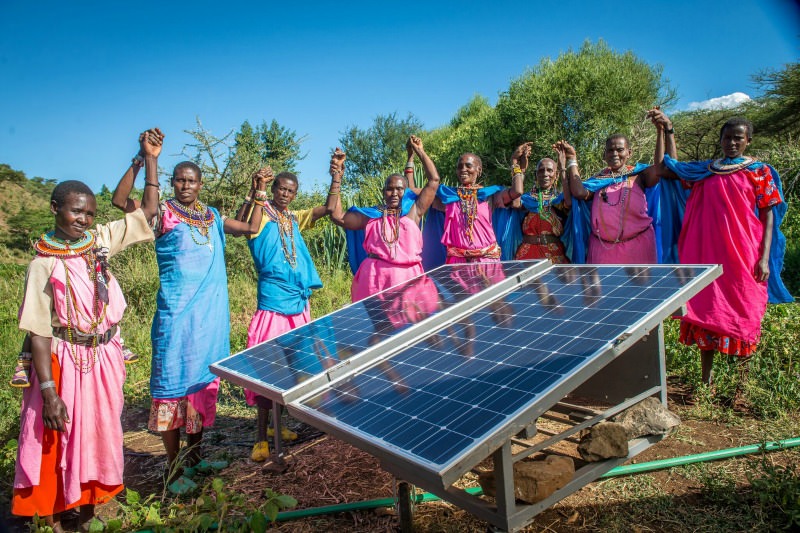
ENVIRONMENT
- Paul O'Callaghan
- 11 July 2017
3 Comments
The world's poor are bearing the brunt of global warming yet they have done the least to cause it. African countries have some of the lowest carbon emissions rates in the world, but their fields are drying up and their pastureland is vanishing. Still, all is not lost. If we want to find the answers to climate change, many of them exist within the communities already being impacted. These people understand the urgent threat posed by global warming and they are banding together to find solutions.
READ MORE 
-
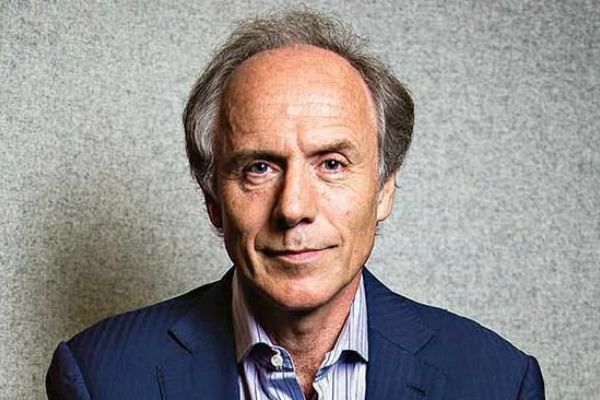
ENVIRONMENT
- Greg Foyster
- 22 June 2017
6 Comments
If politics is theatre, climate politics is a family drama. For the last decade we've watched two rival households having the same endless argument. Political journos call it the 'climate wars' and mostly focus on the lead actors standing in the spotlight - in the Western narrative tradition, characters drive events. Almost no one has noticed the scenery change. Stagehands dismantled the backdrop years ago, but politicians have carried on as if the same circumstances existed when they started this charade.
READ MORE 
-
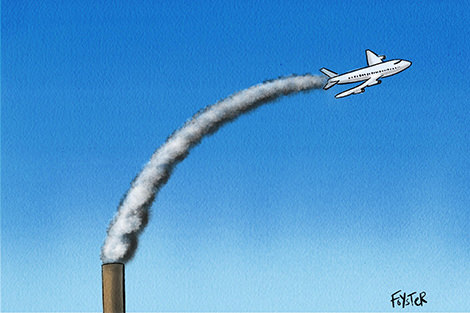
ENVIRONMENT
- Greg Foyster
- 27 April 2017
14 Comments
I haven't flown for six years. I didn't feel a pressing need to travel, but most of all I didn't want to make such an enormous contribution to climate change. A return flight from Melbourne to London pumps about 1.8 tonnes of carbon pollution into the atmosphere, wiping out other efforts to reduce emissions at home. But now here I am on a Jetstar flight to Sydney for a climate change conference. As the plane takes off, I squirm with a sense of hypocrisy: I've broken my vow for the same reason I made it.
READ MORE 
-

ENVIRONMENT
- Frank Brennan
- 28 November 2016
'No matter what the economic, political and legal problems confronted by modern day India, our response can be improved by an application of the key principles and norms developed in the international law of trade and human rights, helping to enunciate the realm of law, regulation and political accountability, enhancing public scrutiny providing the right environment for doing business.' Frank Brennan presents the 25th JRD Tata Oration, Xavier School of Management, Jamshedpur, India, 26 November 2016.
READ MORE
-
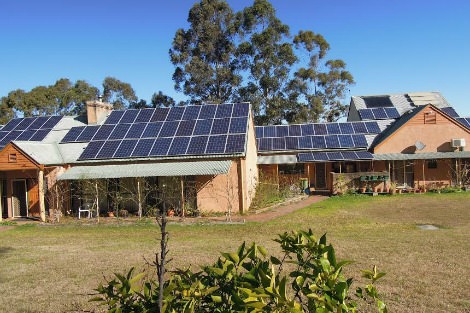
ENVIRONMENT
- Thea Ormerod
- 09 September 2016
10 Comments
With the grip of climate change tightening, few seem to understand the urgency of the crisis. This is why the announcement of over 3500 churches in the UK switching to clean power is so significant. At last, a solution presented by religious communities that matches the scale of the problem. They are providing the kind of leadership for the needed transition to an ecologically sustainable future. Unfortunately, one reason why it is so exciting is that we're nowhere near this in Australia.
READ MORE 
-
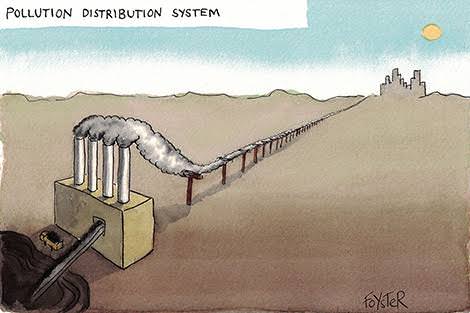
ENVIRONMENT
- Greg Foyster
- 26 August 2016
8 Comments
On 7 July, South Australia experienced a cold snap. As residents turned on their heaters, the still and cloudy conditions meant wind and solar power couldn't contribute much to meeting electricity demand. The last coal plant had closed a few months before, pushed out of the market by renewable energy. As if on cue, the spot electricity price spiked. Instead of a lesson about the danger of too much wind power, it's about the danger of too much market power in the hands of a few big players.
READ MORE 
-
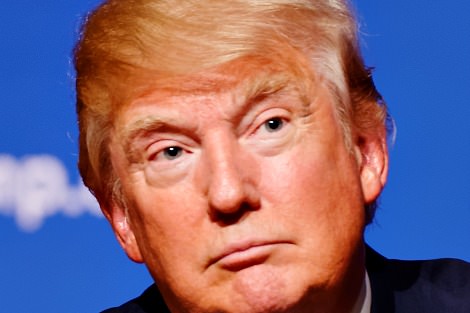
ENVIRONMENT
- Greg Foyster
- 03 August 2016
6 Comments
The neoliberal right is losing political power to the populist right, which isn't filled with the same ideological zeal for free-market capitalism. Suddenly debates can expand beyond the narrow confines of economic growth. Moral and social arguments won't be relegated to the intellectual fringes anymore. Mainstream parties of the left and right, both of which bought into the neoliberal agenda, will have to break their bipartisan dismissal of discontent with the side effects of globalisation.
READ MORE 
-
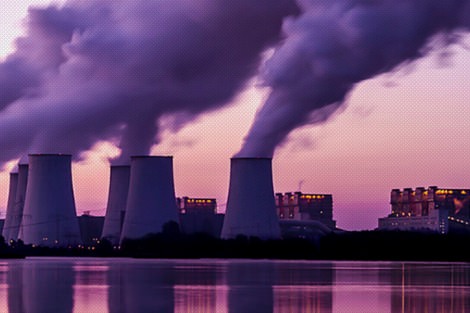
ENVIRONMENT
- Thea Ormerod
- 21 June 2016
4 Comments
An accelerating number of institutions and individuals are moving their money out of planet-heating fossil fuels and into climate solutions. The total assets guided by some form of divestment policy was $3.4 trillion at 2 December last year, 50 times more than what was up for divestment 12 months earlier. It sounds like a lot, but it's a small amount compared to the $100 trillion-plus invested in the usual way. That's our money, in banks and super funds, managed funds and insurance companies.
READ MORE 
-
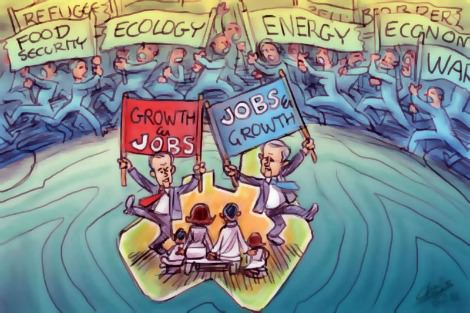
AUSTRALIA
Living within the United Nations community I've witnessed Australia fall from a well-respected international citizen, to becoming the spoilt, sneaky brat of international relations. Even the most blasé glance at the geo political currents moving through the planet reveal complexities this election pretends don't exist. Australians fighting about jobs and growth in the corner comes across as deeply deluded isolationism. The Great Barrier Reef is dying. The world is watching. Hello Australia? Anybody home?
READ MORE 
-
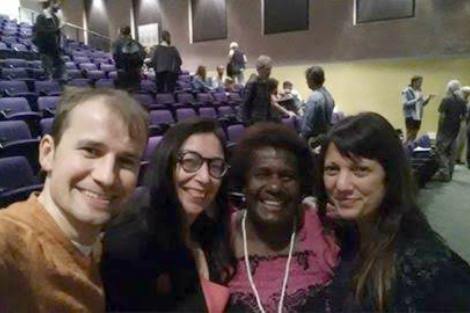
ENVIRONMENT
Ursula Rakova told how the sea that had been the friend of her people, was turning against them. It had crashed through and divided her island in two. Coconut palms were collapsing at the new shoreline. Food gardens were lost, as the soil was increasingly rendered infertile by salty tides that washed over them. The land that had been handed from grandmother to daughter, would bequeath no legacy to the granddaughters. The homeland of generations was disappearing before their eyes.
READ MORE 
-
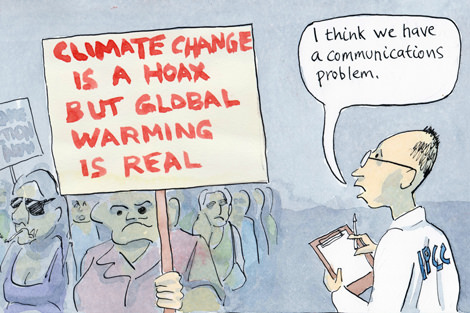
ENVIRONMENT
- Greg Foyster
- 11 March 2016
3 Comments
The best known examples of framing come from American cognitive linguist George Lakoff. He argues that George W. Bush replaced the phrase 'tax cuts' with 'tax relief' to reframe paying tax as an affliction. Embedded in those two words is a neo-conservative worldview against government intervention in the private sphere. If you accept the term, you absorb the worldview. In a similar way, a few words could build political will to tackle climate change. The problem is no one is sure what they are.
READ MORE 